On Sunday, April 27, 2025, the Presidency, through Special Adviser on Information and Strategy Bayo Onanuga, dismissed allegations that President Bola Tinubu is steering Nigeria toward a one-party state, labeling groups raising such concerns as “alarmists.” The statement, reported by Daily Post, New Telegraph, and TheCable, responded to fears sparked by high-profile defections from the Peoples Democratic Party (PDP) to the ruling All Progressives Congress (APC), including Delta State Governor Sheriff Oborevwori and former PDP vice-presidential candidate Dr. Ifeanyi Okowa on April 23, 2025, as well as Akwa Ibom Governor Umo Eno’s public support for Tinubu’s 2027 re-election bid.
Onanuga argued that democracy remains robust in Nigeria, rejecting claims of authoritarianism as “baseless and exaggerated.” He emphasized that no presidential policy seeks to “dismantle democracy, weaken opposition, or create a one-party state,” attributing defections to politicians’ free will and belief in Tinubu’s economic reforms, such as the Lagos-Calabar Coastal Highway project. “The opposition cannot blame President Tinubu and the APC for their poor organisation, indiscipline, and gross incompetence,” he stated, citing the PDP’s internal disarray, including the G-5 governors’ sabotage in 2023, which saw Rivers, Oyo, and Benue vote APC, per Daily Trust.
The defections, described as a “seismic shift,” have fueled speculation of a drift toward a one-party state, with X posts like @JournalistsAga3 warning that the loss of PDP governors threatens democratic pluralism, and @EseDevlin noting Nigeria’s gradual shift to a “one-party system.” Critics, including former Vice President Atiku Abubakar, framed the 2027 election as “APC versus Nigerians,” arguing that Tinubu’s administration is the “real enemy” due to governance failures, not opposition disunity. However, Onanuga dismissed Atiku’s coalition with Nasir El-Rufai and others as “disintegrated,” calling it a “leprous group” abandoned by allies like Okowa.
Onanuga highlighted Tinubu’s democratic credentials as a NADECO activist and opposition leader who defeated a sitting president in 2015, asserting his commitment to multiparty democracy. He criticized opposition hypocrisy, noting their silence on El-Rufai’s defection to the Social Democratic Party (SDP) for a “regional grand coalition” against Tinubu, yet decrying APC defections as undemocratic without evidence of “bribery, blackmail, or coercion.” Freedom of association, speech, and choice, he argued, are democratic ideals upheld by Tinubu’s administration, allowing open criticism without fear.
The APC’s appeal, credited to National Chairman Abdullahi Ganduje’s leadership, has drawn figures like FCT Minister Nyesom Wike, who praised Okowa’s defection as an endorsement of Tinubu’s “good governance,” per NigerianEye. Yet, stakeholders like Bukola Saraki warned that a one-party state threatens Nigeria’s multi-ethnic diversity, urging PDP rebuilding. The PDP’s woes, with 25,000 APGA members defecting to SDP in Abia and speculation around governors like Osun’s Ademola Adeleke, reflect a fragmented opposition, per Blueprint and Daily Trust.
While Onanuga urged Nigerians to support Tinubu’s reforms and ignore “fictional narratives,” the defections underscore Nigeria’s clientelist politics, where personal gain often trumps ideology, as noted by Chatham House. With 23.18% inflation and economic discontent, per earlier reports, the 2027 election looms as a referendum on Tinubu’s leadership, with opposition unity faltering and APC dominance growing, raising critical questions about Nigeria’s democratic trajectory.



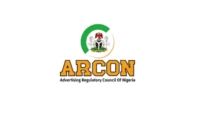
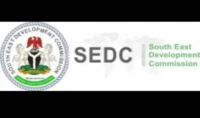
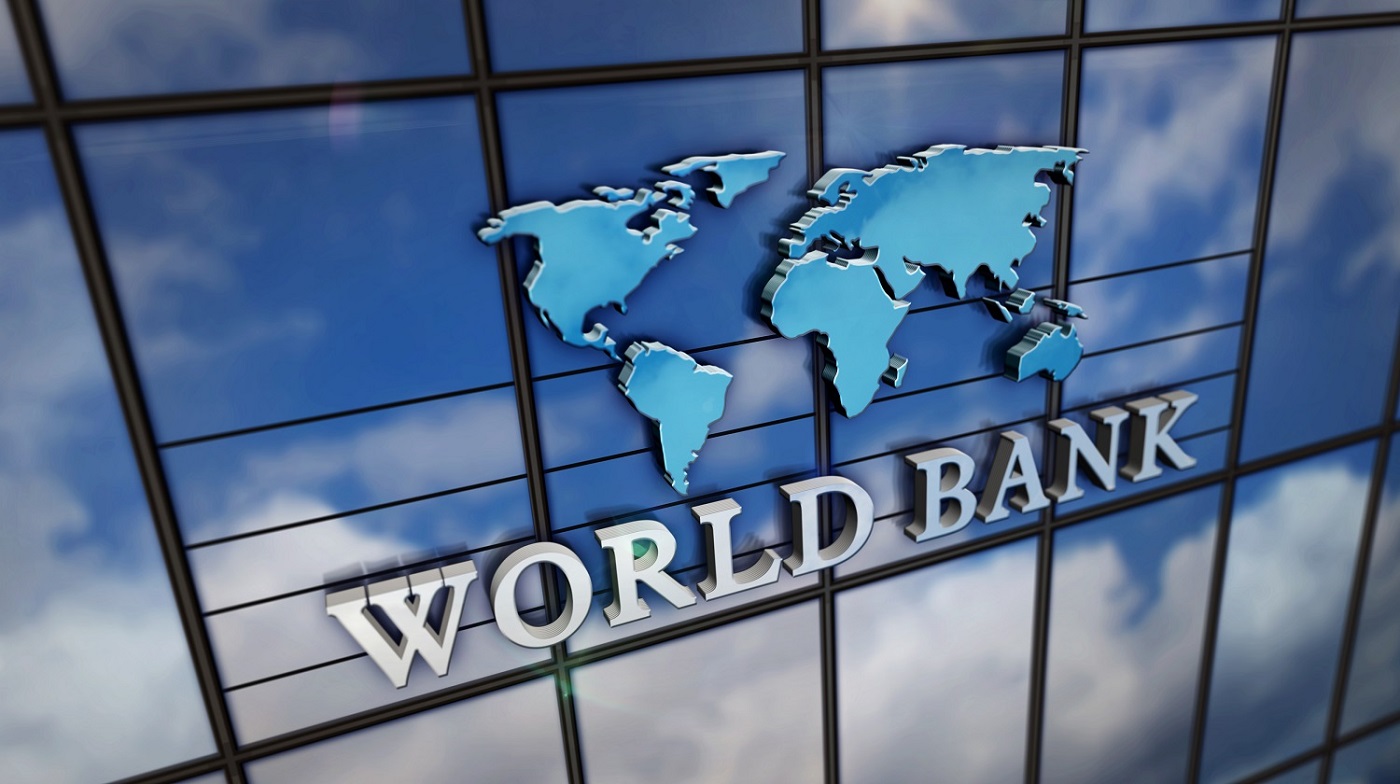


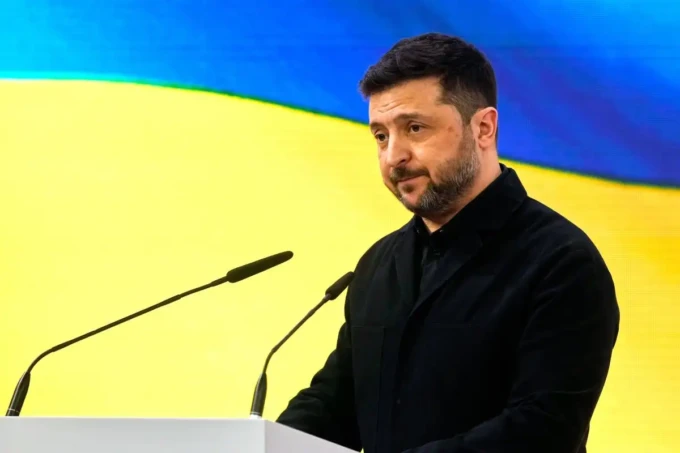
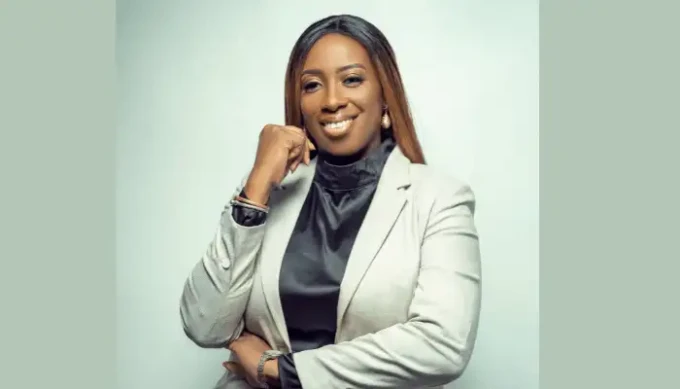

Im not convinced the presidencys denial is enough to dismiss concerns about a one-party state. Lets keep a close eye on this!
I dont buy the Presidencys denial. The opposition defections are definitely shaking up the 2027 election scene. Things are getting interesting!
Is the presidency truly rejecting one-party state claims, or is this just a political tactic to divert attention? 🤔
Is a one-party state really out of the question in 2027? Opposition defections raise eyebrows. Lets discuss! 🤔🗳️🇺🇳